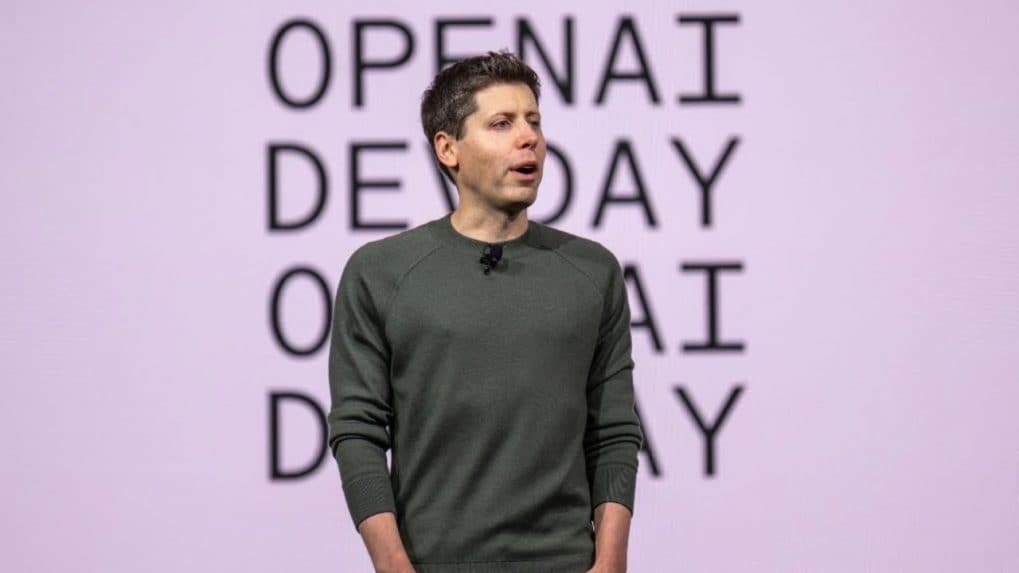Brand Makers
Dil Ka Jod Hai, Tootega Nahin

OpenAI CEO Sam Altman met with Union IT Minister Ashwini Vaishnaw during his visit to India to discuss the country’s role in artificial intelligence (AI) development. Their discussion centred on AI adoption, cost reduction, and opportunities for Indian startups.
"India is a crucial market for OpenAI," Altman said, highlighting that it is the company’s second-largest market, with user numbers having tripled over the past year. He praised India's growing contribution to AI innovation, with developers actively creating tools using ChatGPT.
Vaishnaw, emphasising India’s ability to drive cost-efficient innovation, compared AI advancements to the country's low-cost space missions. “Every year, we witness a tenfold reduction in costs. Indian researchers are already focused on the next phase of AI innovation,” he said.
The Indian government is already integrating AI across key sectors such as agriculture, weather forecasting, and traffic management.
Altman noted that AI models are on the brink of revolutionary applications. "We could soon see AI-powered tutors and medical diagnostic tools—people just need to develop solutions using our technology," he said. However, he cautioned that AI is still in its research phase. “We are nowhere near these models curing cancer, but they can significantly enhance deep research capabilities.”
As AI continues to evolve at a rapid pace, both leaders acknowledged the importance of staying ahead of its societal impact. “There will be both positive and negative outcomes; we must ensure we lead on the positive,” Altman said.
"The raucous, almost deafening, cuss words from the heartland that Piyush Pandey used with gay abandon turned things upside down in the old world order."
Read MoreFrom OpenAI’s ChatGPT-powered Atlas to Microsoft’s Copilot-enabled Edge, a new generation of AI-first browsers is transforming how people search, surf and interact online — and reshaping the future of digital advertising.